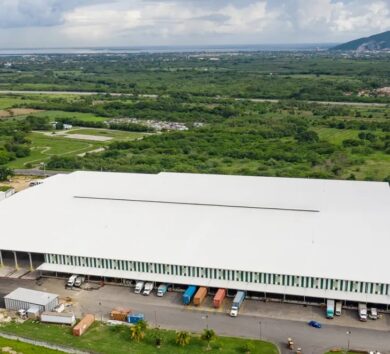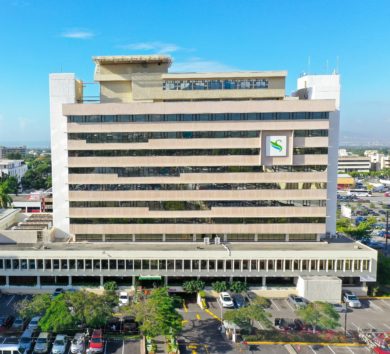

International ratings agency, Fitch is reporting that Argentina’s capital controls are likely to remain in place for the foreseeable future.
Argentina has a long and complicated history of capital controls aimed at influencing the foreign exchange (FX) market. Capital controls were implemented and amended on numerous occasions between 1985 and 2021 and has been bearing fruit.
In its latest sovereign assessment of the South American country, Fitch stated, “the controls have had a drastic impact on rated corporates since 2019, with the most recent announcement in late February 2021 confirming the new normal: capital controls are here to stay.”
The authorities turned to capital controls to manage the exchange rate, stockpile FX reserves for the sovereign and confer greater policy autonomy
However, the success has been limited and the Argentinian authorities have expressed a desire to phase out capital controls, acknowledging their counter-productive nature for economic growth. However, Fitch is reporting that Argentina is yet to detail concrete and proactive policy plans to make this transition safely without destabilising outflows affecting the peso and inflation
No announced strategy for the transition
Also Fitch points to the fact that Argentina has not stated a strategy for the transition to improve confidence and lifting international reserves to stronger levels, arguing that such prospects remain elusive. As such, the international ratings agency has assessed that, “capital controls are likely to remain in place for the foreseeable future, as their perceived importance for macroeconomic stability trumps concerns over their adverse microeconomic implications.”
The capital controls had two profound effects on corporates since 2019 namely they have weakened financial flexibility and heightened refinancing risk. The majority of corporates had liquidity abroad prior to the 2019 capital controls, but have since either spent or transferred their hard-currency deposits, exposing themselves to the local FX market.
Also, the controls have weakened the financial flexibility of corporate companies and heightened their refinancing risk, as they mostly cushion hard-currency debts. Fitch estimates roughly 70 per cent of rated corporates’ cash deposits in aggregate are in US dollars and/or abroad in 2018, which decreased to 40 per cent of cash deposits in US dollars in 2020 due to the capital controls.
Cash balances for corporates decreased by 16 per cent over the same period. The recent extension of the 60/40 rule limits corporates ability to repay hard-currency principals maturing in 2021.
Fitch expects local debt maturities will be easily refinanced. International bond maturities will vary on a case by case basis.







Comments